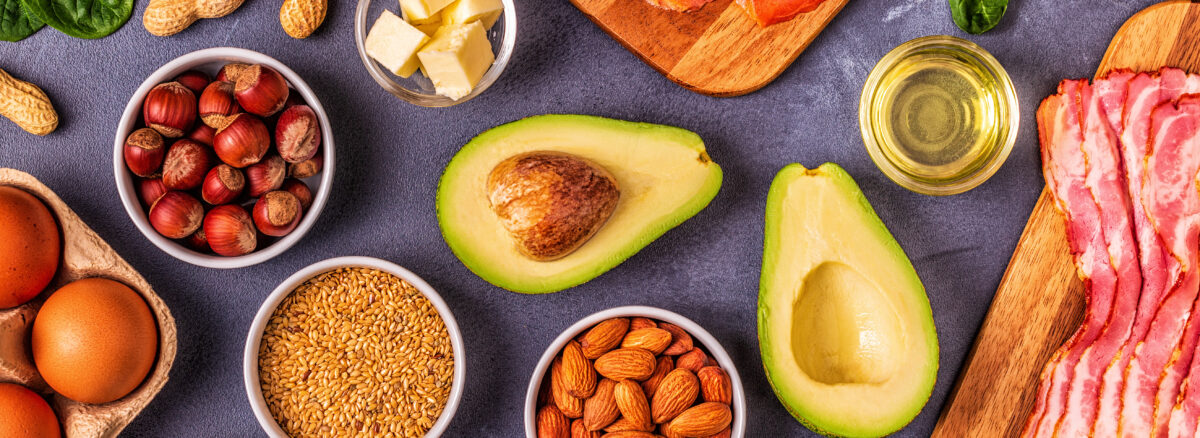For anyone looking to manage cholesterol levels, adding specific foods to your diet can help reduce LDL or “bad” cholesterol and improve heart health. Foods like fruits, legumes, nuts, oats, olive and avocado oils, and whole grains can significantly lower cholesterol and reduce heart disease risks.
Cholesterol, a waxy substance the body uses for various functions, can become a problem if levels get too high, leading to plaque buildup in arteries, or atherosclerosis. Keeping LDL cholesterol in check is crucial for reducing heart disease risks. Here are 15 heart-healthy foods you can incorporate into your diet to support optimal cholesterol levels.
- Almonds
High in fiber, almonds are known to lower LDL cholesterol and triglycerides. Studies show they also reduce levels of small dense LDL, which are more closely linked to atherosclerosis. - Apples
Rich in soluble fiber, apples can improve blood lipid levels. Eating one small apple daily has been shown to reduce cholesterol, blood pressure, and inflammation. - Avocados
Adding an avocado to your daily diet can reduce LDL cholesterol and improve HDL (“good”) cholesterol. Studies suggest it also decreases oxidized LDL, which is more harmful to arteries. - Beans
Beans provide a fiber boost that binds to cholesterol and prevents its absorption. Studies show that a daily serving of beans can significantly lower LDL cholesterol levels. - Berries
Berries are high in antioxidants and fiber, both of which support heart health. They can lower total cholesterol and LDL cholesterol while reducing inflammation. - Buckwheat
As a fiber-rich, gluten-free pseudo-grain, buckwheat can help reduce blood lipid levels and is a healthy substitute for refined grains. - Chia Seeds
High in fiber and polyunsaturated fats, chia seeds can help lower LDL cholesterol and even raise HDL cholesterol in people with high lipid levels. - Dark Chocolate
Dark chocolate and unsweetened cocoa products are known to improve blood flow and increase HDL levels, supporting better heart health. - Fatty Fish
Rich in omega-3 fatty acids, fatty fish like salmon and sardines support healthy blood lipid levels and help lower inflammation. - Flaxseeds
A powerful source of fiber and magnesium, flaxseeds are associated with reduced total and LDL cholesterol, slowing the progression of heart disease. - Leafy Greens
Vegetables like kale, spinach, and collard greens are high in fiber and plant sterols, which lower cholesterol absorption in the body. - Oats
Oats contain beta-glucan, a type of fiber that prevents cholesterol absorption in the gut and can significantly reduce LDL cholesterol. - Okra
High in fiber and polysaccharides, okra is effective in lowering total cholesterol and supporting healthy blood sugar levels. - Olive Oil
Olive oil’s monounsaturated fats and polyphenols can help reduce LDL cholesterol and inflammation, benefiting overall heart health. - Walnuts
Walnuts are full of soluble fiber and polyunsaturated fats, which help lower LDL cholesterol and reduce the risk of heart disease.
Foods to Limit for Better Heart Health
For the best results, avoid or reduce foods that can contribute to high cholesterol, such as sugary snacks, fried foods, high-fat meats, and ultra-processed foods. Instead, choose nutrient-dense options like fruits, vegetables, nuts, seeds, and legumes.
Additional Lifestyle Tips to Manage Cholesterol
In addition to dietary changes, lifestyle adjustments can further support heart health. Getting enough sleep, reducing alcohol intake, maintaining a healthy weight, staying active, and quitting smoking are all beneficial steps.
For those with a genetic predisposition to high cholesterol, known as familial hypercholesterolemia, managing cholesterol may require additional treatments. A healthcare provider can offer personalized advice and recommend the best course of action for managing cholesterol.
Key Takeaway
A balanced diet that includes cholesterol-lowering foods, like oats, berries, beans, nuts, and seeds, combined with a healthy lifestyle, can support heart health and lower your risk of heart disease. For guidance on cholesterol management, consult with a healthcare provider, dietitian, or cardiologist.

